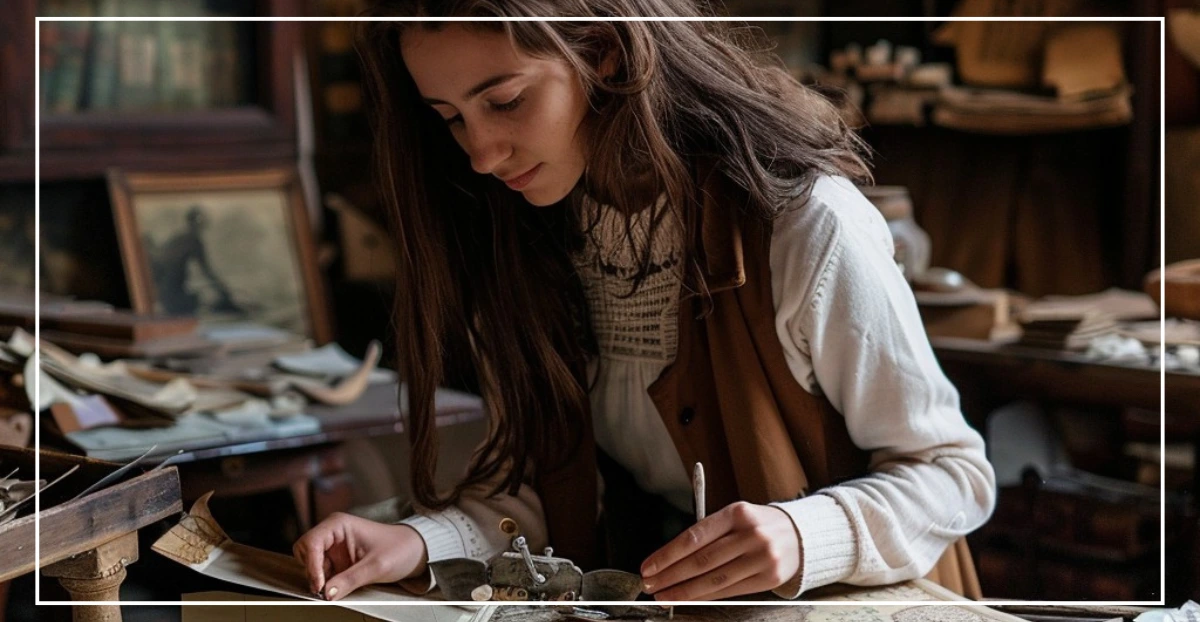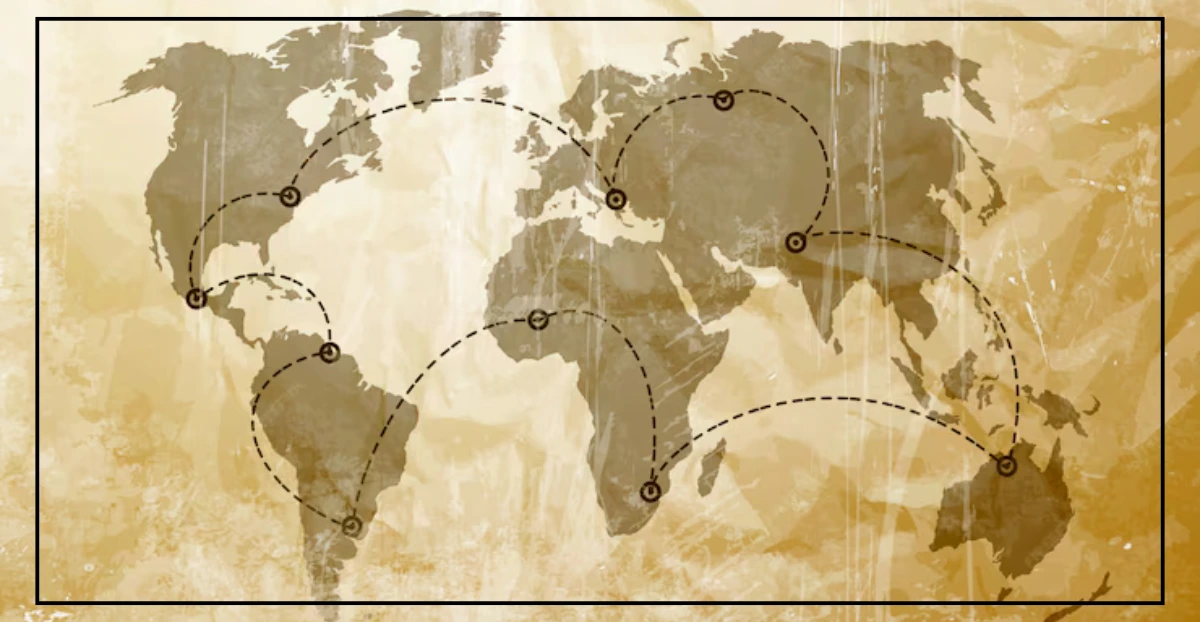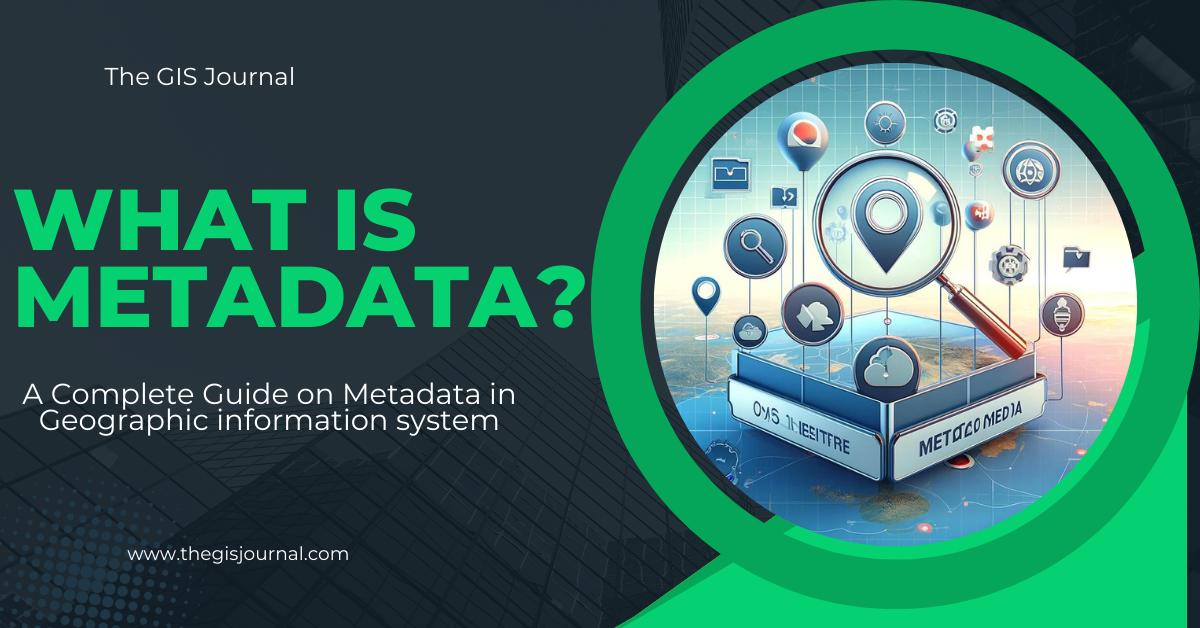Top 17 Cartographer Interview Questions
When preparing for a cartographer interview, and search types of questions are asked for Cartographer Interview Questions, it’s essential to anticipate the kinds of questions that will test not only your technical skills but also your ability to solve problems and communicate complex information. As a cartographer, you’ll be expected to showcase your expertise in map design, spatial analysis, and understanding of geospatial data. But interviews for this role also delve into your creativity, collaboration with cross-functional teams, and problem-solving approaches. In this blog post, we’ve compiled Top 17 Cartographer Interview Questions that will help you prepare for your interview with confidence. These questions cover a wide range of topics, from technical GIS knowledge to how you approach real-world mapping challenges. Whether you’re an experienced professional or just starting your career in cartography, these questions will provide valuable insights into what hiring managers are looking for, and how to present yourself as the ideal candidate. Let’s dive in! 1. What steps have you taken at your current (or last) employer to create an inclusive work or learning environment? “At my last job, I took several steps to help foster an inclusive work environment. First, I actively encouraged open dialogue within the team, making sure everyone felt comfortable sharing their ideas and feedback. I believe that diverse perspectives are crucial in cartography, as different viewpoints can lead to more innovative solutions. Additionally, I initiated knowledge-sharing sessions where team members could showcase their unique skills, whether it was proficiency in a specific GIS tool or expertise in a certain type of mapping project. This helped create a culture of learning and mutual respect. I also made it a point to include team members from different departments in project meetings to gain varied insights and ensure that our work addressed the needs of all stakeholders. Lastly, I advocated for inclusive hiring practices, emphasizing the importance of considering candidates from diverse backgrounds, especially in roles related to geospatial analysis and cartography.” 2. How do you handle tight deadlines when working on a complex mapping project? When faced with tight deadlines on a complex mapping project, I follow a structured approach to ensure timely and quality delivery. First, I break the project into smaller, manageable tasks and prioritize them based on their importance and dependencies. This allows me to create a clear timeline and set realistic milestones. Next, I focus on efficient time management and avoid getting stuck in unnecessary details, especially during the initial phases. I use automated tools and scripts in GIS software like ArcGIS or QGIS whenever possible to speed up repetitive tasks, such as data cleaning and processing. Communication is also key—I make sure to keep all stakeholders informed about the progress and any potential challenges. If I anticipate a delay, I promptly notify the team and discuss possible solutions to stay on track. Finally, I stay flexible and adaptable. In case of unexpected issues, I am prepared to pivot and adjust the plan, focusing on the core requirements to meet the deadline while maintaining map quality and accuracy. 3. Can you explain how you approach communicating complex geospatial data to a non-technical audience? When communicating complex geospatial data to a non-technical audience, I focus on simplifying the information without losing its key message. My approach involves three main steps: Understand the Audience: I first assess the audience’s knowledge level and interests. This helps me tailor the presentation, choosing language and examples that are relatable. For example, if I’m presenting to city planners, I focus on how the data impacts urban development rather than technical details. Use Visuals and Simplified Maps: Geospatial data can be overwhelming in raw form, so I rely on clear and easy-to-read maps, infographics, and visual aids. I design maps with intuitive color schemes, legends, and labels to make the information understandable at a glance. Using tools like ArcGIS or QGIS, I can create thematic maps that highlight key insights. Tell a Story with the Data: Instead of just presenting data points, I aim to tell a story that connects the data to real-world implications. I use simple analogies and focus on the ‘why’—why this data matters and how it impacts decision-making. For example, instead of saying ‘the land use has changed by 25%,’ I might say, ‘the increase in green spaces has improved community access to parks by 25%, promoting better health and well-being.’ By focusing on clarity, visualization, and storytelling, I ensure that complex geospatial data is communicated effectively, helping the audience grasp its significance and make informed decisions. 4. What would you do if a resident came into the office and was upset at the new property lines? If a resident came into the office upset about the new property lines, my first step would be to remain calm and listen carefully to their concerns. I would acknowledge their feelings and let them explain the issue fully without interrupting. It’s important to show empathy and make the resident feel heard, as property lines can be a sensitive topic for many people. After understanding their concerns, I would review the map or documentation with them, explaining how the property lines were determined using reliable data sources like land surveys, legal documents, or GIS analysis. I would present the information in a clear and non-technical way, using visuals if necessary, to help them understand the basis for the changes. If the resident still has doubts or if the situation requires further investigation, I would offer to escalate the issue by collaborating with the surveying team or relevant department for a detailed review. I would assure them that their concerns are being taken seriously and that we will follow up with any necessary adjustments or clarifications. Finally, I would document the interaction and take note of the resident’s feedback to ensure the issue is addressed properly and to prevent similar misunderstandings in the future. 5. Describe a time when you had to collaborate with other departments or teams on a project. How did you ensure smooth communication? … Read more


